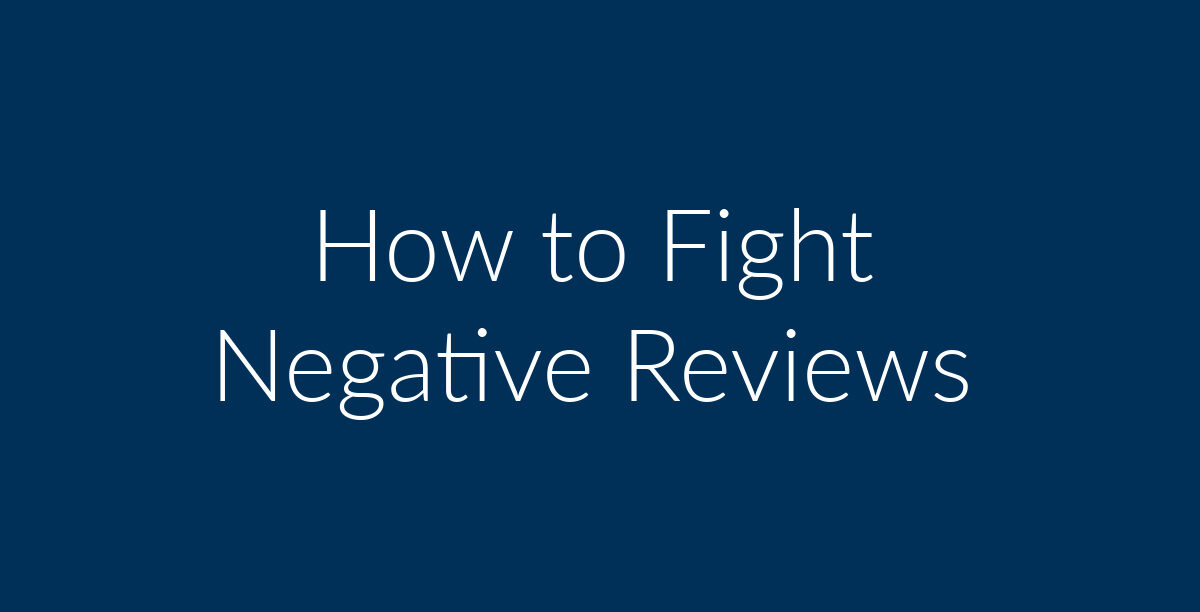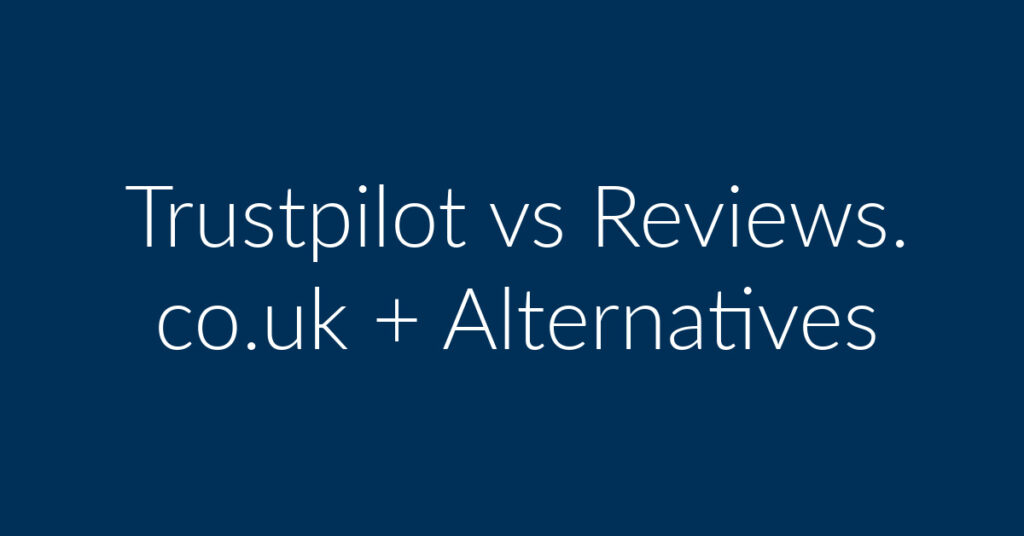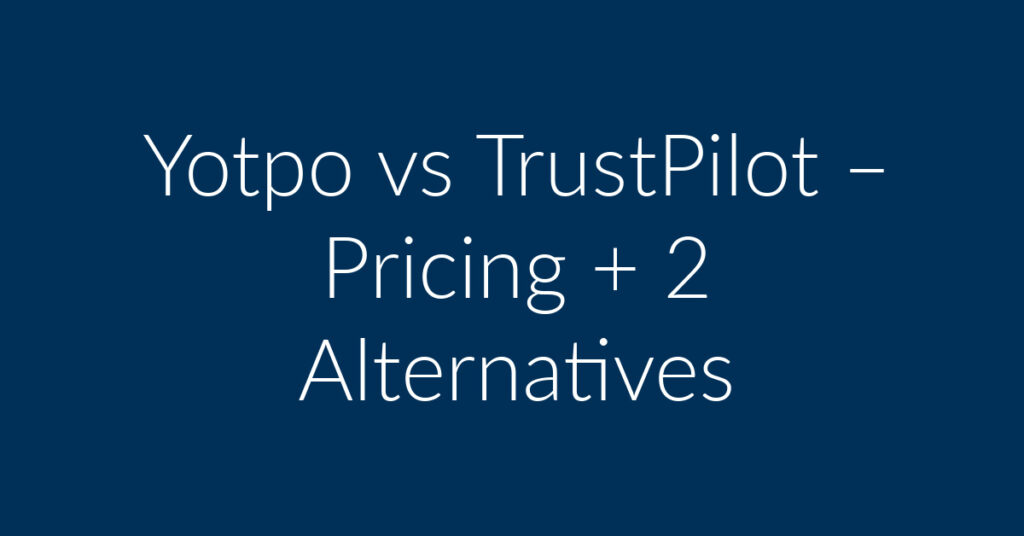Did you know that losing just one star can cause a business’s sales to drop by 5 to 9%? At Planet Marketing, we understand the impact that star ratings can have on your business. Specializing in Google Ads, Facebook Ads, and remarketing, we’ve helped hundreds of businesses grow by harnessing the power of positive reviews.
Negative reviews can be damaging, and many clients seek our advice on how to handle them. This article will teach you how to respond to negative feedback effectively.
Are Online Reviews Important?
In today’s digital age, over 90% of consumers will research online reviews before making a purchase. This underscores the critical importance of online reviews. Not only do potential customers rely on them before deciding to buy from your business, but around 88% also place significant trust in these reviews.
Despite being penned by strangers, online reviews have become a modern extension of the age-old word-of-mouth tradition. Rather than seeking recommendations from family or colleagues, people now turn to reviews from unfamiliar sources.
The impact of online reviews is undeniable. A single negative review can lead to substantial revenue losses for a business. Consequently, it’s essential to understand how to effectively address and respond to negative feedback to mitigate its impact.
How to Respond to Negative Reviews
Handling negative reviews effectively is crucial for maintaining your business’s reputation. Keep in mind that online reviews have a lasting presence; a critical review posted today can continue to impact your business well into the future. So, how can you tackle these challenges and mitigate the effects of negative feedback?
Handling negative reviews effectively is crucial for maintaining your business’s reputation. Keep in mind that online reviews have a lasting presence; a critical review posted today can continue to impact your business well into the future. So, how can you tackle these challenges and mitigate the effects of negative feedback?

How to Handle a Negative Review Like This
Negative reviews, as shown in the screenshot above, can be quite harsh. Did the restaurant owner handle the situation appropriately in this case? Here’s how you should respond to negative reviews:
1. Monitor Your Brand’s Online Presence
Keeping track of what people are saying about your brand online is crucial. Online reputation management (ORM) has become a significant business, and for a good reason. Staying aware of your online reputation allows you to deploy various strategies to combat negative reviews effectively.

However, monitoring every review site can be challenging. Reviews can be posted on platforms like Google or Yelp even if you haven’t claimed your business page. This is where ORM companies come into play. Some reputable ORM services include Shopper Approved, Rising Phoenix SEO, Elevated Marketing, and Thrive Internet Marketing.
2. Respond to All Reviews
Google values engagement, so responding to online reviews can help improve your search ranking. Strive to respond to all reviews, both positive and negative. Ignoring negative reviews is not an option; addressing them shows potential customers that you care about their feedback.
Responding to positive reviews is also important, as it boosts engagement and ensures that positive feedback remains visible. If you’re overwhelmed by the volume of reviews, consider automating responses on platforms like your website, Google Business Profile, or Facebook. A simple thank-you message can go a long way.
3. Respond Promptly to Limit Damage
Ignoring negative reviews is not advisable. Each day that a negative review remains unanswered can result in lost sales. While responding won’t remove the review, it shows that you are proactive in addressing concerns. Quick responses can help mitigate the impact of negative feedback and demonstrate your commitment to customer satisfaction.
4. Stay Calm
It’s natural to feel panicked when receiving negative reviews, but staying calm is essential. Understand that negative feedback is a normal part of doing business. Responding calmly and professionally helps prevent the situation from escalating into a public spectacle.

5. Resolve Issues Offline
Customers who leave negative reviews often have genuine grievances. Addressing these issues offline can prevent the situation from becoming a public debate. Once resolved, you can update the review thread to show that you took the necessary steps to address the customer’s concerns.

6. Apologize When Necessary
If a negative review highlights a legitimate issue, apologize to the customer. An apology demonstrates that you value their feedback and are willing to make things right. This can turn a negative review into a positive experience for both the reviewer and potential customers.
7. Remove Fake Reviews
Unfortunately, fake reviews are common and can be challenging to remove. If you can prove that a review is fake, request its removal from the platform. While this can be difficult, it’s essential to protect your brand’s reputation.
8. Encourage Satisfied Customers to Leave Reviews
Happy customers are less likely to leave reviews than dissatisfied ones. Encourage your satisfied customers to share their positive experiences online. This can be done through follow-up emails, SMS requests, or even phone calls. Platforms like Shopper Approved can help automate the process of gathering reviews.

By encouraging positive reviews, you can ensure that negative feedback doesn’t dominate your online presence. Having a higher number of positive reviews helps push negative ones lower in search results, improving your overall reputation.
Happy Customers Will Give You Positive Reviews
Satisfied customers are less likely to leave reviews compared to those who are unhappy. When a customer feels disappointed, they’re more inclined to voice their grievances on platforms like Yelp and Google. To balance this, businesses need to proactively encourage happy customers to share their positive experiences.
If you rely solely on organic reviews, you risk being overwhelmed by negative feedback. To counter this, implement strategies to prompt satisfied customers to leave reviews. The approach can vary based on the platform. For example, while Yelp discourages soliciting reviews, Google supports the practice. Here are some ways to encourage positive reviews:
By actively encouraging positive reviews, you can create a more balanced and accurate representation of your business online. This helps ensure that negative feedback doesn’t overshadow the positive experiences of the majority of your customers.
Summary
In this article, we discussed the importance of online reviews and the inevitability of negative feedback. We provided strategies for managing negative reviews effectively, emphasizing that handling them well is crucial for your business’s success. Online reviews have a direct impact on your revenue, making them far more than just an internet construct.
To combat negative reviews, it’s essential to stay calm, respond promptly, and encourage satisfied customers to share their positive experiences. For more specific guidance, check out these templates for responding to negative reviews.
What do you think? Do online reviews matter? If you want to maximize the benefits of online reviews, consider signing up with Shopper Approved using our link. We’ve recommended this online review management company to hundreds of businesses, and many have thanked us for it!



